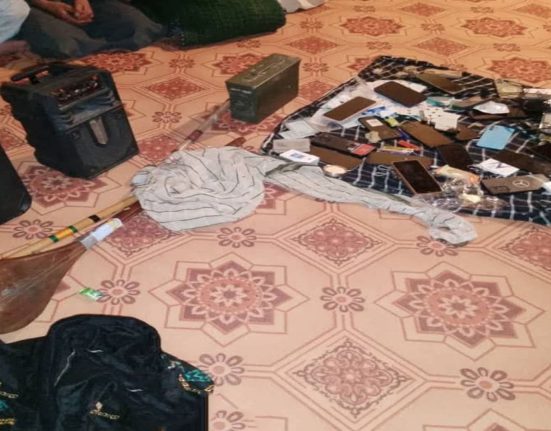
Increased political pressure on migrants in Tajikistan has intensified the process of deportation of Afghans.
Following recent developments, local sources in Tajikistan have reported that the government of this country has intensified the process of arresting and deporting Afghan migrants in an unprecedented manner in recent days.
These measures taken by the security forces have increased concerns about the political treatment of migrants.
According to sources, on Wednesday, July 16, dozens of Afghan migrants, including women and children, were arrested from various places such as courses, hospitals and markets and transferred to national security centers.
These sources say that although the process of arresting Afghans has been ongoing for several months, in the past, migrants were released in exchange for paying bribes.
Now the situation has changed in such a way that even institutions such as the Afghan Embassy and the Migrants Union are refusing to make official comments due to political pressure.
One Afghan refugee said that there is an atmosphere of suffocation and extreme fear among the refugees, and many do not even dare to protest.
This is despite the fact that most Afghans living in Tajikistan have entered with legal visas and a large number of them have been registered by the United Nations High Commissioner for Refugees.
Images and videos that have reached the media show the detention of children and women in the town of Wahdat. In one video, the forced migration of families by security forces is documented.
Many of these refugees, including soldiers and employees of the former Afghan government, are in the process of reviewing immigration cases to Western countries.
Some media outlets had previously reported that the Tajik government had given Afghans a 15-day deadline to leave, but the refugee committee had rejected this report.
However, new evidence shows that deportation policies are now being pursued with greater intensity, placing the refugees in a worrying situation.







